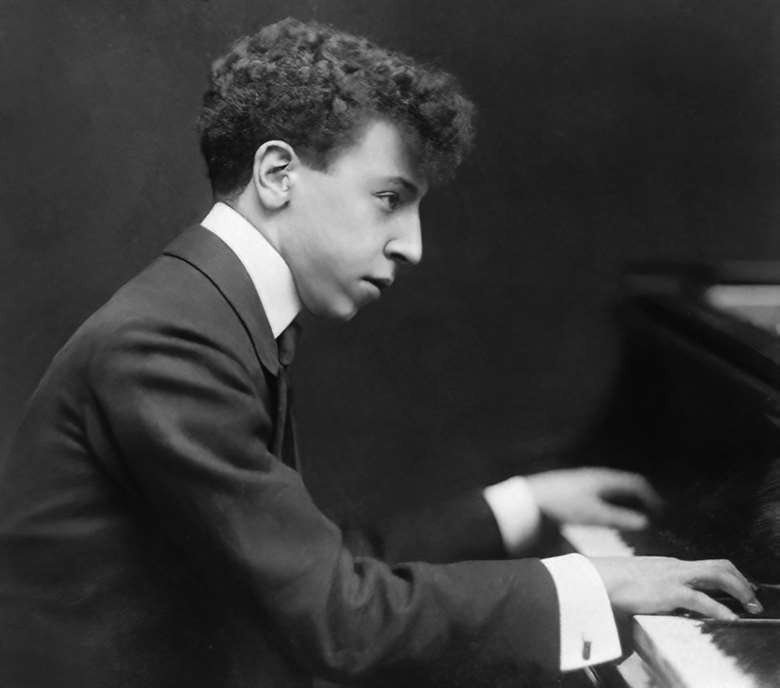Repertoire guide: Villa-Lobos’s Rudepoêma
Richard Whitehouse
Wednesday, October 18, 2023
Richard Whitehouse listens to the available recordings of an electrifyingly virtuosic piano work composed for Arthur Rubinstein and recommends some essential listening

Tully Potter Collection
Register now to continue reading
This article is from International Piano. Register today to enjoy our dedicated coverage of the piano world, including:
- Free access to 3 subscriber-only articles per month
- Unlimited access to International Piano's news pages
- Monthly newsletter






